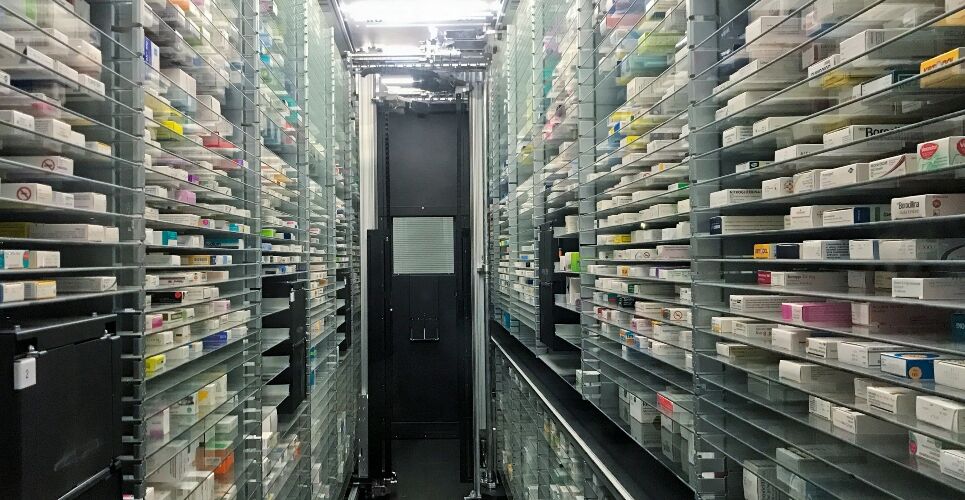There is a considerable way to go in Europe to move towards more automated medication management systems in hospitals, according to the results of a survey run by a European Association of Hospital Pharmacists (EAHP) special interest group (SIG).
The survey, which ran from April to July 2022, collected views on the current and future use of automated medication management solutions across Europe and assessed its benefits, particularly around medication preparation, compounding and dispensing. It also considered how technology best meets the needs of different hospital pharmacy workflows.
‘EAHP and the SIG believes that systematic and EU-wide achievement of electronic prescribing, administration and use of electronic medical records will improve patient safety and help advance the development of automation systems,’ the survey report said.
The survey results showed the use of electronic medical administration records (eMAR) with barcoding to be uncommon, with just 4% (n=16/357) of the hospitals widely using this system.
A total of 69% of participating hospitals did not use eMAR with barcoded medication, and 35% (n=124/357) said they did not have a plan to implement it in the next three years.
The survey also found that manual ward stocks were by far the most used distribution model within European hospitals, at 65% (n=237/362) in general medicine/surgery wards, 62% (n=225/362) in intensive care units and 43% (n=156/362) elsewhere.
Among the hospitals planning on acquiring automated systems in future, robotic original pack dispensers were the most common, with 29% of the hospitals planning to set aside budget for this purpose. This was followed by multifunctional central pharmacy unit dose robots, which 19% (n=49/264) of hospitals planned to set aside a budget for.
However, the report concluded that ‘most of the hospitals still don’t have plans to implement automation systems’ and stated that EAHP and all relevant stakeholders must look into the reasons for hospitals not planning to move towards automation, such as potential economic or interoperability issues.
On the publication of the survey report, EAHP president András Süle said: ‘Hospital pharmacists currently deal with a lot of disconnected and manual systems when managing medication, which could lead to medication errors and a difficulty to track medicines within the hospital.
‘This survey report helps us understand the current status of automation in Europe. I want to take this opportunity to thank our members and all hospital pharmacists that participated in this survey.’
While the SIG acknowledged the small sample size of 264 respondents, it was still able to draw broad conclusions on the results and plans to review, adapt and recirculate the survey in future.
While some European countries are further ahead than others in managing medication effectively in a hospital setting, there are no consistent guidelines or ways to share best practice.
As such, the SIG is also working on creating an European Autonomous Pharmacy framework, which will be published during the EAHP Congress in March 2024, as well as a full report on the group’s findings.
